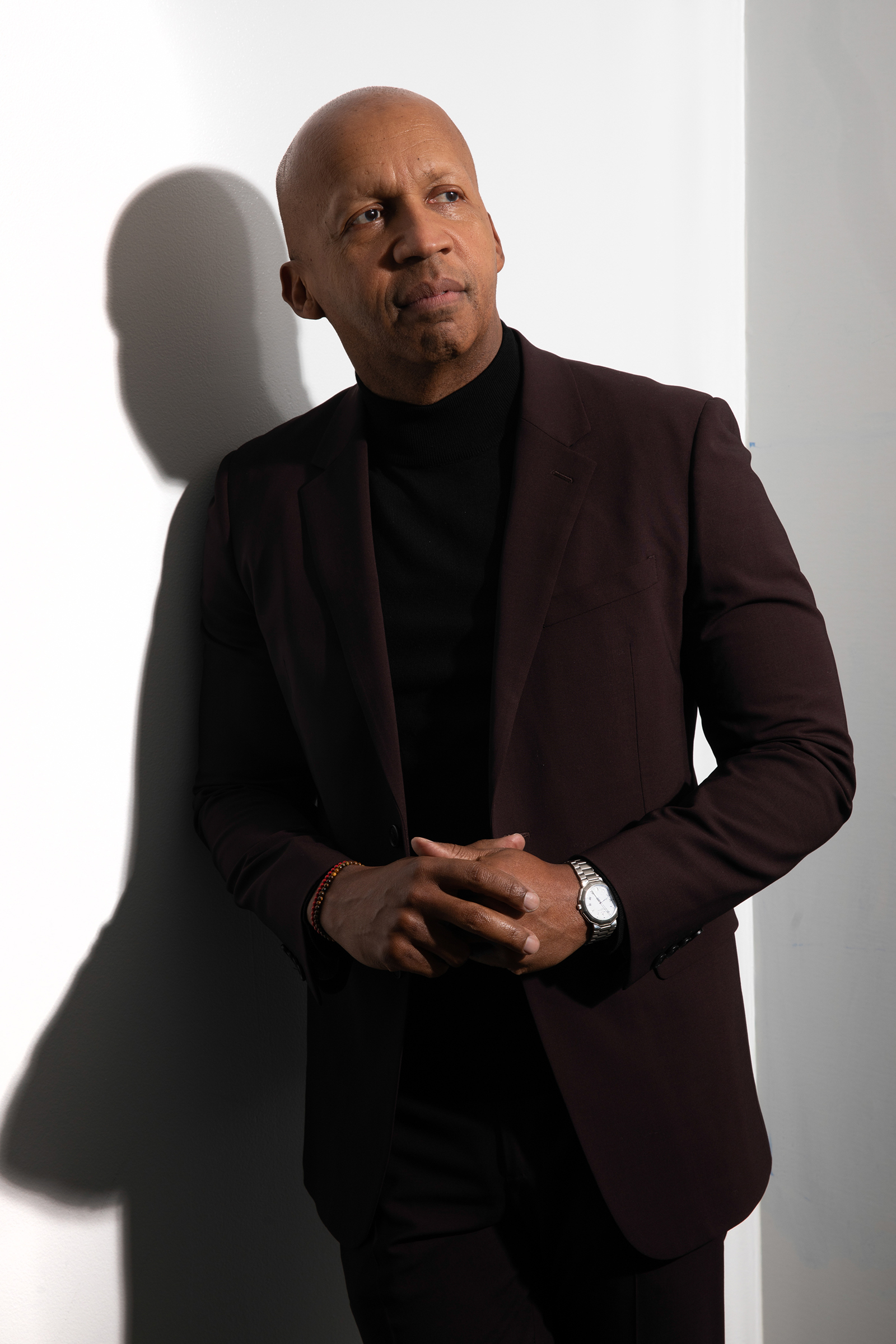
Bryan Stevenson, founder of the Equal Justice Initiative, tells TIME about his activism, his big-screen moment and what people should know about a criminal-justice system in which black adults are about six times more likely to face imprisonment than white adults.
Reforming criminal justice has growing bipartisan support. President Trump signed a law in 2018 that, among other things, offers exceptions to mandatory minimums and reduces crack sentences. What do you make of it?
I don’t think most people understand the nature of this problem. First of all, the First Step Act impacts less than 1% of the people who are incarcerated in this country. It applies only to federal prisons. It’s not even a scratch.
So what do people need to understand?
Since President Richard Nixon, with his “tough on crime” rhetoric and “war on drugs,” we have used a criminal-justice approach when we should have used a public-health approach. We’ve created a whole matrix for imprisoning, arresting, condemning and marginalizing millions of people in this country. We are the most punitive country in the world. It’s so important to eliminate mandatory sentencing.
Has the opioid epidemic changed the attitudes of white Americans toward criminal-justice issues?
Addiction and dependency is not a black-person issue. It’s a crisis in America, and more people are seeing that. But we need to radically retreat from the approach that’s been popular over the last 50 years. I think the racialized way we’ve used the criminal-justice system is a product of what I call the politics of fear and anger.
Didn’t President Trump call himself the “law-and-order candidate” in 2016?
This is not a Trump problem. Obviously this Administration has not been responsive to these issues. But Bill Clinton was a law-and-order candidate. Every President has felt the need to move away from any talk of rehabilitation.
Where is criminal-justice inequality most evident?
I give talks and say this system treats you better if you are rich and guilty than if you are poor and innocent. And people nod their heads.
Eliminating bail for minor offenses is getting a lot of attention. Is that a good place to start?
I think we need bail reform, but bail doesn’t get us to the more fundamental issues. We have a lot more to gain by talking more directly to overincarceration.
Michael B. Jordan plays you in Just Mercy, the movie based on your memoir. What’s that like?
For the first 20 years of my career, I was content to just be in the courts [as a death-penalty lawyer]. I thought of my work the way people think about the Underground Railroad: be discreet and stealthy, and get things done quietly. But about 20 years ago, the atmosphere outside the courtroom became so hostile that it was impacting what could get done. That’s when I decided to move into the public realm. I wrote a book. We built [the Legacy Museum and National Memorial for Peace and Justice]. The movie is the latest manifestation of that idea. A lot more people will watch a two-hour movie than will read a 300-page book.
We’ve seen a wave of activism recently among young people. Are you encouraged?
I live in Montgomery, Ala. People in this community would put on their Sunday best and go places to advocate for civil rights knowing full well they would be beaten and bloodied. And they changed the temperature in this country. Their activism broke the will of a nation that was intent on never looking at the legacy of slavery and Jim Crow. I’m inspired by people who have that same desire to serve, to do uncomfortable things. [But] the revolution can’t be won online alone. It’s wonderful that people have more tools than they did before but the tools by themselves don’t make change. It’s just not enough to buy a T-shirt or issue a tweet. It’s what you do with your life. You’ve got to get proximate to suffering and injustice. It’s really about creating an era of truth and justice. So I love that people are telling their truths, but we have to tell the truth about our history. And then we have to reconcile and reckon with the truths, and we have to be willing to engage people where they are, and move them.
This article is part of a special project about equality in America today. Read more about The March, TIME’s virtual reality re-creation of the 1963 March on Washington and sign up for TIME’s history newsletter for updates.
More Must-Reads From TIME
- The 100 Most Influential People of 2024
- The Revolution of Yulia Navalnaya
- 6 Compliments That Land Every Time
- What's the Deal With the Bitcoin Halving?
- If You're Dating Right Now , You're Brave: Column
- The AI That Could Heal a Divided Internet
- Fallout Is a Brilliant Model for the Future of Video Game Adaptations
- Want Weekly Recs on What to Watch, Read, and More? Sign Up for Worth Your Time
Contact us at letters@time.com